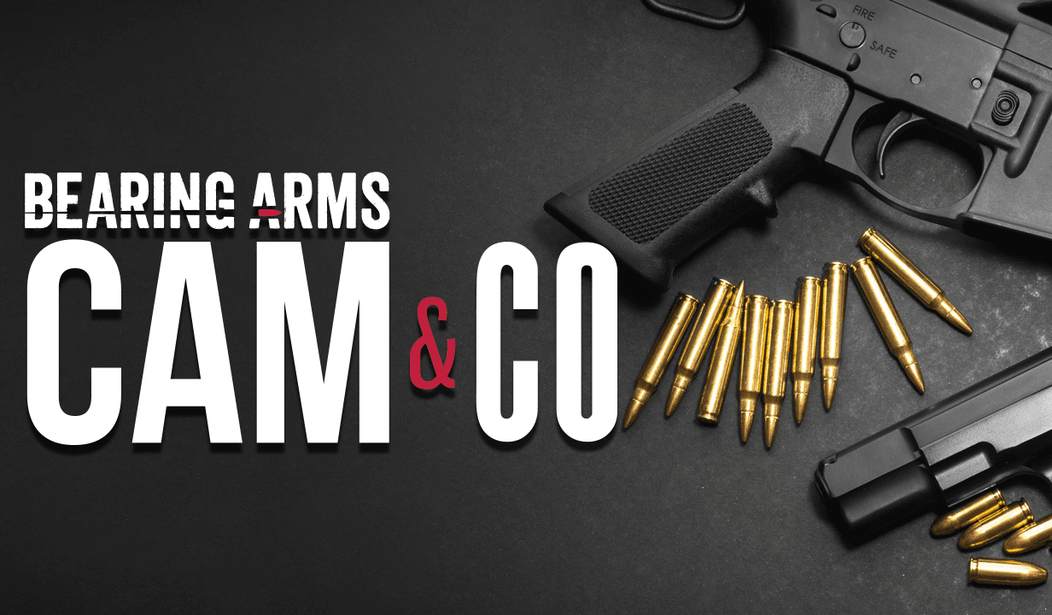New York-style restrictions on the right to carry will not be taking effect in California this week after anti-gun lawmakers failed to secure the votes necessary for passage, despite intense lobbying from Democrats like Attorney General Rob Bonta.
SB 918 had majority support, but because the bill’s sponsor crafted the measure to take effect immediately upon passage it required a supermajority of the Senate and Assembly in order to pass. A vote early Thursday morning fell just shy of the supermajority, leaving Sen. Anthony Portantino to vow to try again next year. Gun control activists, however, are demanding Gov. Gavin Newsom call a special session of the legislature in order to put the new restrictions in place as soon as possible.
“A dangerous Supreme Court decision recently put California families and communities at risk, yet last night too many of our representatives disregarded that danger and neglected to take action,” said Shannon Watts, founder of Moms Demand Action and California resident. “Lawmakers must act in the wake of this reckless court decision, like in New York, where a similar bill has already gone into effect after state lawmakers acted with urgency. Thankfully, Governor Newsom is a strong ally in the fight for gun safety, and now he will need to act because our lawmakers didn’t have the courage to: he must call a special session and get this crucial legislation across the finish line.”
As we’ve discussed, New York’s new laws are shaping up to be an absolute nightmare, not only for gun owners but for sheriffs and other law enforcement as well. SB 918 would have imposed a number of new restrictions that are substantially similar to New York’s new regime, including declaring broad swathes of public and private spaces to be gun-free zones.
The proposal would have classified dozens of places in California as “sensitive,” including courts, hospitals, airports, public transportation, bars, public parks, libraries and churches. As a way to replace the former “good cause” mandate, SB 918 would have required local licensing officials, primarily sheriffs’ departments, to run through a list of criteria to ensure a person was a “qualified” applicant.Officials would have to conduct in-person interviews with applicants, interview at least three character references and review social media and other publicly available statements to determine if those applying for permits were a danger to the public or themselves.









Join the conversation as a VIP Member